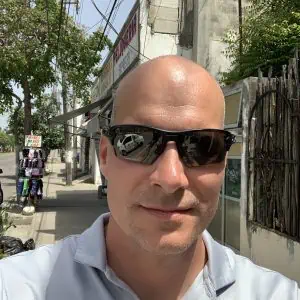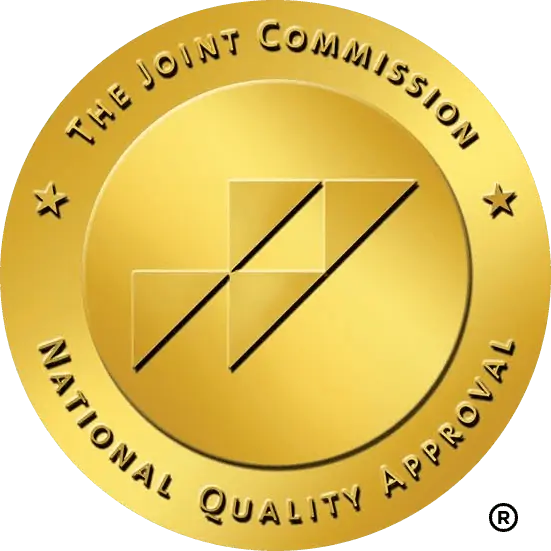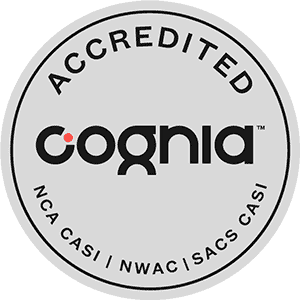At Turning Winds, we believe working with children has to include being supportive and consistent in every situation. When working with a child who has been diagnosed with a mental health condition, particularly if substance misuse is involved, this is even more imperative.
A coordinated team effort is equally important. Communication is critical between all team members so they are aware of the specific issues each child is processing at any given moment. They will understand their role and others in creating a support system of staff and peer groups that encourages growth and self-regulation.
Our team members passionately care about saving lives, inspiring kids, and giving back to the job. They trust each other and have a great way of interacting with each other and the kids. How do colleagues get this tight? “It helps that we all really like each other,” says chief operations officer Carl Baisden. He compares the situation to a functional family system.
“The simple, singular focus of our treatment program is to help each student improve their self-image and their self-confidence and change the behaviors that have been hindering their growth by teaching them to create stable patterns of living through education, process groups, and individualized treatment planning,” says Turning Winds CEO Owen Baisden.
PILLARS OF CHANGE
The “Five Pillars of Change” are the foundation for all our services. The Turning Winds staff believes that treatment success is most likely to be achieved through a combination of therapeutic and educational approaches that provide the best possible outcomes for each of our teenage clients.
“Many of our clients have a very limited range of activities when they arrive here,” explains clinical director Jared Sartell, LCSW. “They may be using drugs or are constantly playing video games. At Turning Winds, we expose these kids to all kinds of different ways to cope with stress. We give them the opportunity to experience new things. We expose them to life in a healthy place, an experience they can build on after their return home.”
Teens in our therapeutic school environment learn decision-making skills by working to set and attain goals, relying on their knowledge and skills along with the knowledge and skills of others to address initiatives and projects, and participating in daily therapeutic group sessions dealing with issue resolution.
Goal setting is one of the cornerstones of the services provided at Turning Winds. “We’re all about our students having goals,” says Sartell. “Our program is designed for them to have their own goals that we are promoting toward their mental and emotional health.”
It’s important to meet the kids where they’re at. Turning Winds clients represent a cross-section of 13–18-year-olds with different degrees of maturity. “We have them set goals that are commensurate with their ability and skill level,” Sartell says. “We’re not asking a thirteen-year-old to practice a type of thinking that’s developmentally beyond them. For older kids who are immature, we try to get their brains firing so they can catch up to an age-appropriate level.”
Teens who embrace character as a foundational part of their life experience reduce intensity and frequency of maladaptive behaviors, episodes of acting out, impulsive actions, destructive tendencies, and a reduction of inappropriate peer relationships. In addition to our character education curriculum, each teen attending our residential treatment center will also learn and practice social skills including conflict resolution techniques, treating themselves and others with respect, and appropriate social interaction.
Teens in our therapeutic school environment learn decision-making skills by working to set and attain goals, relying on their knowledge and skills along with the knowledge and skills of others to address initiatives and projects, and participating in daily therapeutic group sessions dealing with issue resolution.
EVEN POWER STRUGGLES CAN BE TEACHING MOMENTS
Of course, our staff consists of human beings, just like our kids, so occasionally, “there’s a power struggle between a kid and a member of staff, and things shift a little bit, and all of a sudden it’s two people trying to be right instead of two people trying to get it right,” says Carl Baisden. “We work with the kids. Those are the moments, right? When I see a kid struggle and something’s not working well, our staff are trained for that. Let’s go talk to that kid, engage with that kid, try to provoke thoughts within this kid, and get some change, get some movement.”
“The biggest motivator of change is connection,” says Baisden. “The little things are probably the big ones. I think if we took away all those personal connections and the personal touches between the staff and the kids, what would their journey look like and what would their outcome look like? Those little kind of touch points that you see where a staff goes out of their way to extend something to a kid, that stuff is just pure magic. That’s so beautiful to watch.”
READY TO TRANSFORM YOUR FAMILY’S JOURNEY?
Discover the path to a stronger, healthier family dynamic with Turning Winds. Our unique approach to treatment offers tailored support for both you and your teen, guiding you through the challenges and into a brighter future together. Don’t let another day pass in uncertainty.
Connect with us online for more information, or call us at 800-845-1380. If your call isn’t answered personally, one of us will get back to you as soon as possible. Your family’s transformation begins today!









